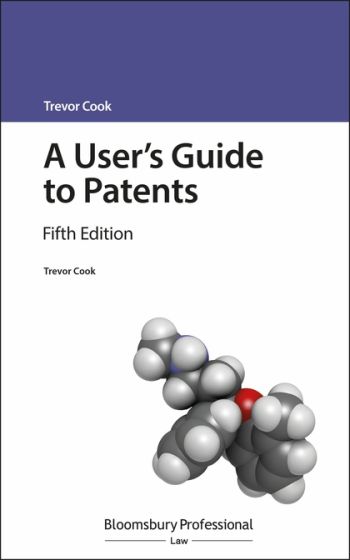
The device(s) you use to access the eBook content must be authorized with an Adobe ID before you download the product otherwise it will fail to register correctly.
For further information see https://www.wildy.com/ebook-formats
Once the order is confirmed an automated e-mail will be sent to you to allow you to download the eBook.
All eBooks are supplied firm sale and cannot be returned. If you believe there is a fault with your eBook then contact us on ebooks@wildy.com and we will help in resolving the issue. This does not affect your statutory rights.
A User's Guide to Patents provides guidance on the areas of European and UK patent law and procedure that are most important in day-to-day practice. It sets out how patents can be obtained, exploited and enforced as well as addressing wider public policy aspects of patents and their economic significance, as well as past and likely future trends that affect legal practitioners.
There have been numerous developments, particularly in the case law, since the 4th edition including: